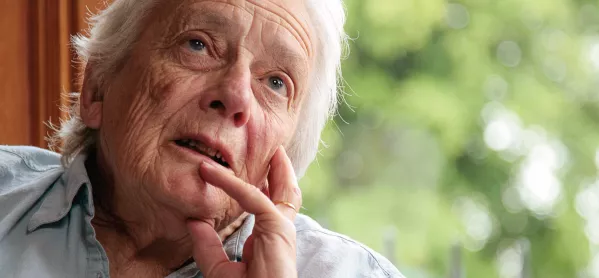If long-time special educational needs and disabilities champion Baroness Warnock remains the most influential voice in SEND, is that fact a sad reflection of the current visibility of the sector or a testament to how transformational Warnock has been for the education of children who find learning more challenging than their peers?
The answer is a bit of both.
It’s been 40 years since she laid down the blueprint for inclusion in the report of the Committee of Enquiry into the Education of Handicapped Children and Young People. In the words of UCL Institute of Education associate professor Rob Webster, “There has not been a more broad-ranging report into special educational needs and disability since the Warnock inquiry [in 1978]… It remains the most comprehensive review of SEND to be commissioned by a UK government.”
There is no doubt that the findings of this report still underpin much of what is done when it comes to SEND in schools. And she continues to be a figure who commands attention when she talks of SEND, as the 40th anniversary of her report demonstrated. This year, she has continued to set the agenda.
But her position in this list is also a reminder that no one has replaced her to carry her work on.
We know so much more about SEND now than we did four decades ago; we understand so much more about how to support pupils who find learning to be challenging. It is time for that to be reflected in a new vision.
And this is a time when SEND funding is being squeezed, Ofsted acknowledges “off-rolling” (the removal of students from a school’s roll in a ploy to artificially boost exam success rates) is happening in schools and the special schools sector is beyond capacity. SEND needs a new voice that makes people listen to these problems and forces change. Baroness Warnock has done her bit - it’s time for someone else to take the baton.
Tes’ people of the year 2018




